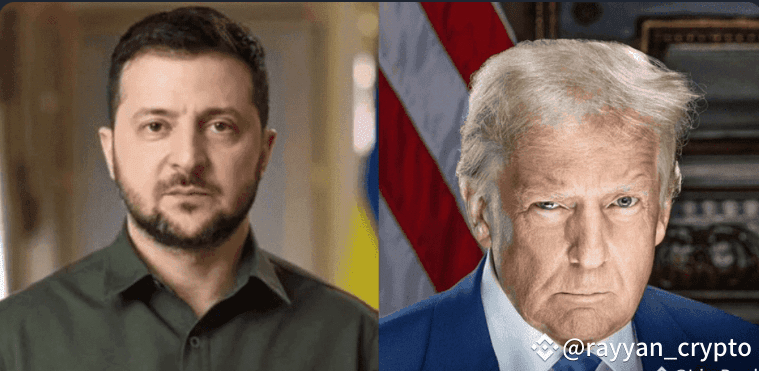A recent Oval Office meeting between 🇺🇸 U.S. President Donald Trump and 🇺🇦 Ukrainian President Volodymyr Zelenskyy ended abruptly after a heated exchange, signaling potential shifts in U.S.-Ukraine relations. 🔥 The confrontation arose when President Trump urged President Zelenskyy to pursue immediate peace negotiations with 🇷🇺 Russia, reportedly stating, “Come back when you’re ready for peace.” This remark underscores a possible change in the U.S. stance toward its support for Ukraine amid ongoing conflict. ⚖️
The meeting, intended to discuss a minerals deal and security commitments, quickly spiraled into mutual accusations. ⚡ President Trump criticized President Zelenskyy for “gambling with World War Three” 🌍💥 and suggested that U.S. support might wane unless Ukraine seeks peace. In response, President Zelenskyy emphasized the need for security guarantees before engaging in peace talks, expressing distrust toward Russian President Vladimir Putin due to previous broken agreements. ⛔
The abrupt end to the discussions and the cancellation of a planned minerals deal have raised concerns about the future of U.S. assistance to Ukraine. 🏛️ European leaders have reaffirmed their support for Ukraine, emphasizing unity in addressing the conflict. However, the strained U.S.-Ukraine dialogue introduces uncertainty into the geopolitical landscape, potentially affecting global diplomatic efforts and alliances. 🌎🤝
This development prompts critical questions about the direction of U.S. foreign policy, the resilience of international coalitions supporting Ukraine, and the broader implications for global security dynamics. ⚔️

#CMEsolanaFutures #BTCReboundsBack #MemesNotSecurity #SHELLAirdropOnBinance #BinanceLaunchpoolRED
